Black youth speak out about media coverage of Halifax shooting deaths
The recent fatal shootings of three young black men in Halifax in a week has dominated headlines recently, but some people have questioned how the media covered the events.
A group of youth leaders from Halifax's Leave Out Violence (LOVE) group shared their perspectives.
Shawntay Rose Dann
"Generally how they approached was through the funeral. The last person that was buried — which was Naricho — at his funeral they had Global, CBC, CTV.
"I don't know for sure which one it was, they approached somebody who went to the funeral and was asking questions. 'How do you feel about the situation that happened, did they expect it to happen' — honestly, the way they approached the situation was disrespectful."
Kyturera Jones
"It's not like we know the reason behind the killings that happened. We don't know the story behind it. We're informed just like everybody else the next day or a few days after it happens. We don't know information either.
"Obviously we don't expect it to happen."
Shawntay Rose Dann
"One thing that sticks out a lot where black men — especially young men — have died, they're so quick to jump to trouble they may have gotten in. They're quick to look at the bad."
Kyturera Jones
"I think the media are missing to ask about some of the good stuff [about] whoever has died did. Don't just bash them about the bad things. Acknowledge that they were human, not just there to destruct."
Treno Martin
"A lot of sadness. A lot of grief. Like Shawntay Rose was saying, these were good individuals. But you'd never know that reading the articles in the paper. The papers only show you the bad things that they did.
"But the individuals that know them, they know who they were; they know the things they've done. And they're respected for that and they're missed for that.
"Just to go back to how the media was at the funeral — I think that shows how the media view black lives. They feel they can just, in a time of grief, families are grieving, people are coming from away to honour this person's life, and the media's there just disrupting that.
"I think if it was a white person, it wouldn't have been treated the same. I think they would have had the respect that they deserved. They would have just had a proper funeral."
Josh Creighton
Do you feel that your community is being accurately represented in the media?
"No. It makes you come to the realization of how much power they have and how they have the choice how they want to use that power. I don't think they've taken the chances to learn what this community is all about.
"By now the relationship between the media and the community — there's no relationship there. It's non-existent."
What are we not hearing?
"I think the community side of the story and how we feel. I think a better job needs to be done to ensure we get our say and say our piece, and explain how we as a community don't endorse this, so that people don't generalize our community and think that's what we're about."
Shawntay Rose Dann
"Not all black people do drugs. Not all black people are pimps. Not all black people deserve to die. Not everybody who does things bad deserves to be killed.
"When somebody gets shot, it's not their fault. It's a choice that somebody else made. And even with that choice that they did make, that that person is also going through something that caused them to make that choice.
"We're not vicious — black people are not vicious. We are not going to hurt you. We're just trying to make a living like everybody else, we're just trying to make it through to the next day, just like everybody else. And this hurts.
"We're humans. We may not be the same coloured humans, but we're humans and we hurt just like you hurt, we bleed like you bleed, and we cry like you cry."

